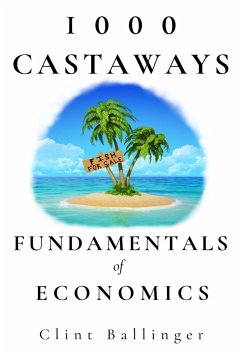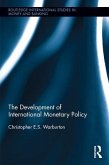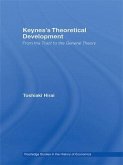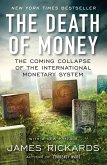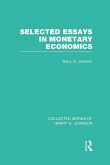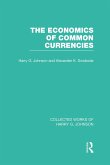A renegade band of Modern Monetary Theorists has overturned mainstream economics in part by emphasizing that there is not one, but two systems of modern money, the "vertical" and the "horizontal." They conclusively demonstrate how unifying our understanding of these is crucial for grasping modern economics. "the key to understanding Modern Monetary Theory is this vertical-horizontal relationship" (Warren Mosler) 1000 Castaways develops Mosler's statement into a concise, book-length treatment that is accessible to all readers, starting from first principles and, step-by-step, leading the reader up to the complexities of the real world. Our one thousand castaways develop, before our eyes, a "perfect" economy, and demonstrate how the horizontal and vertical systems of money naturally emerge from even more fundamental organizational needs of a large society. 1000 Castaways then contrasts the Island's "economics" with real-world "economics," in an enlightening illustration of the last few steps in our common economic understanding that we must take in order to run our modern economies in a way that maximizes wellbeing.
Hinweis: Dieser Artikel kann nur an eine deutsche Lieferadresse ausgeliefert werden.
Hinweis: Dieser Artikel kann nur an eine deutsche Lieferadresse ausgeliefert werden.

